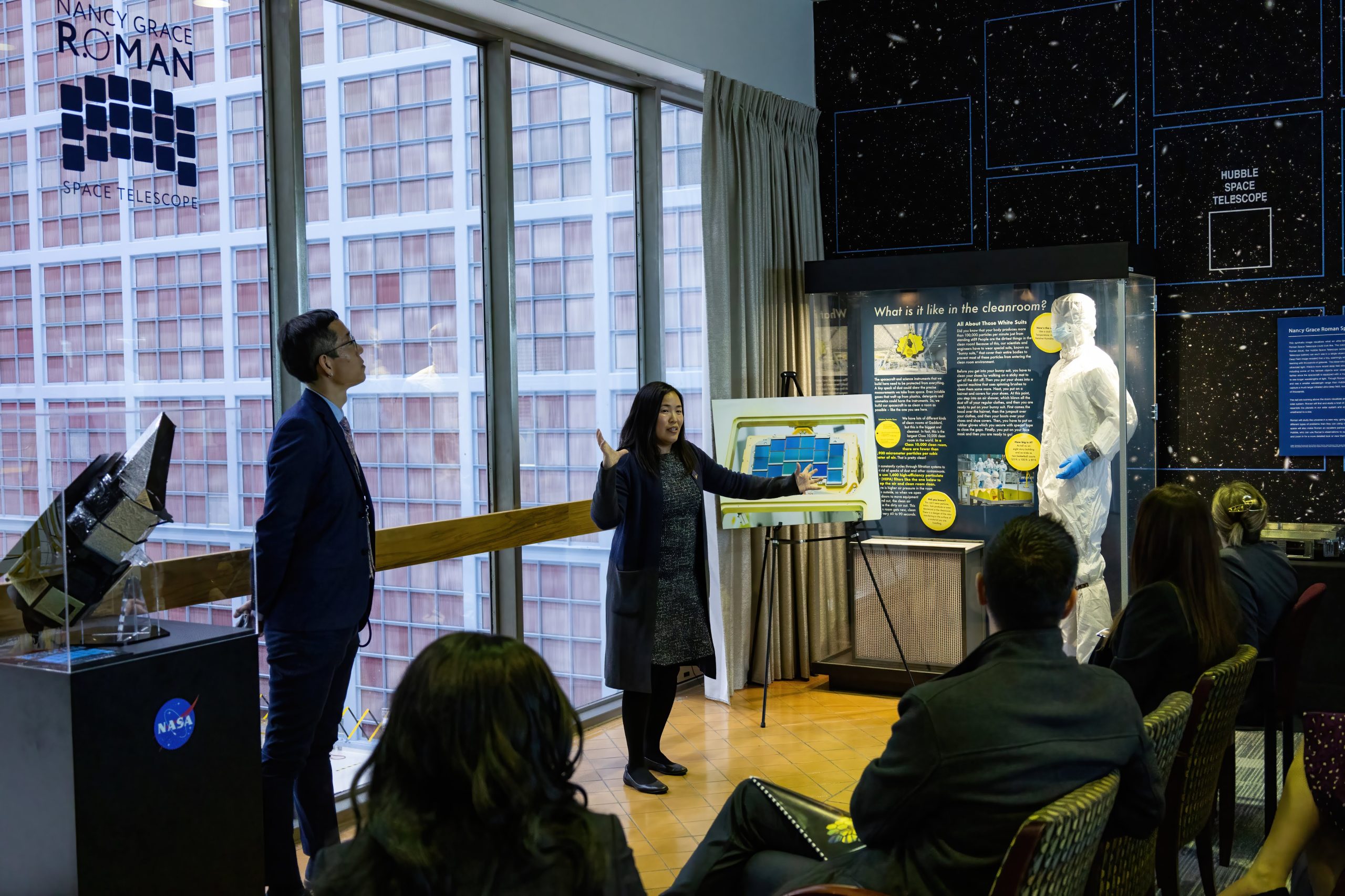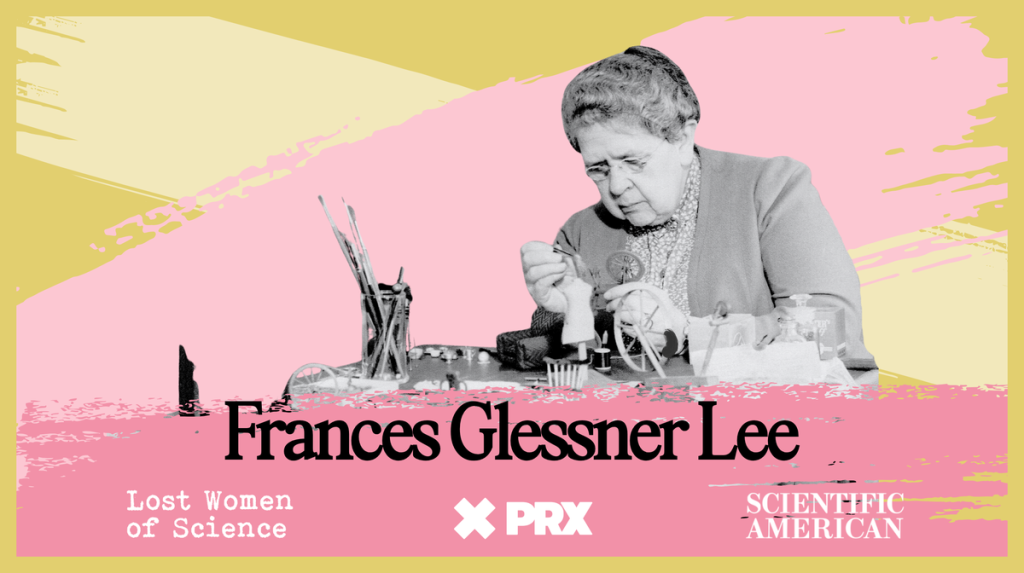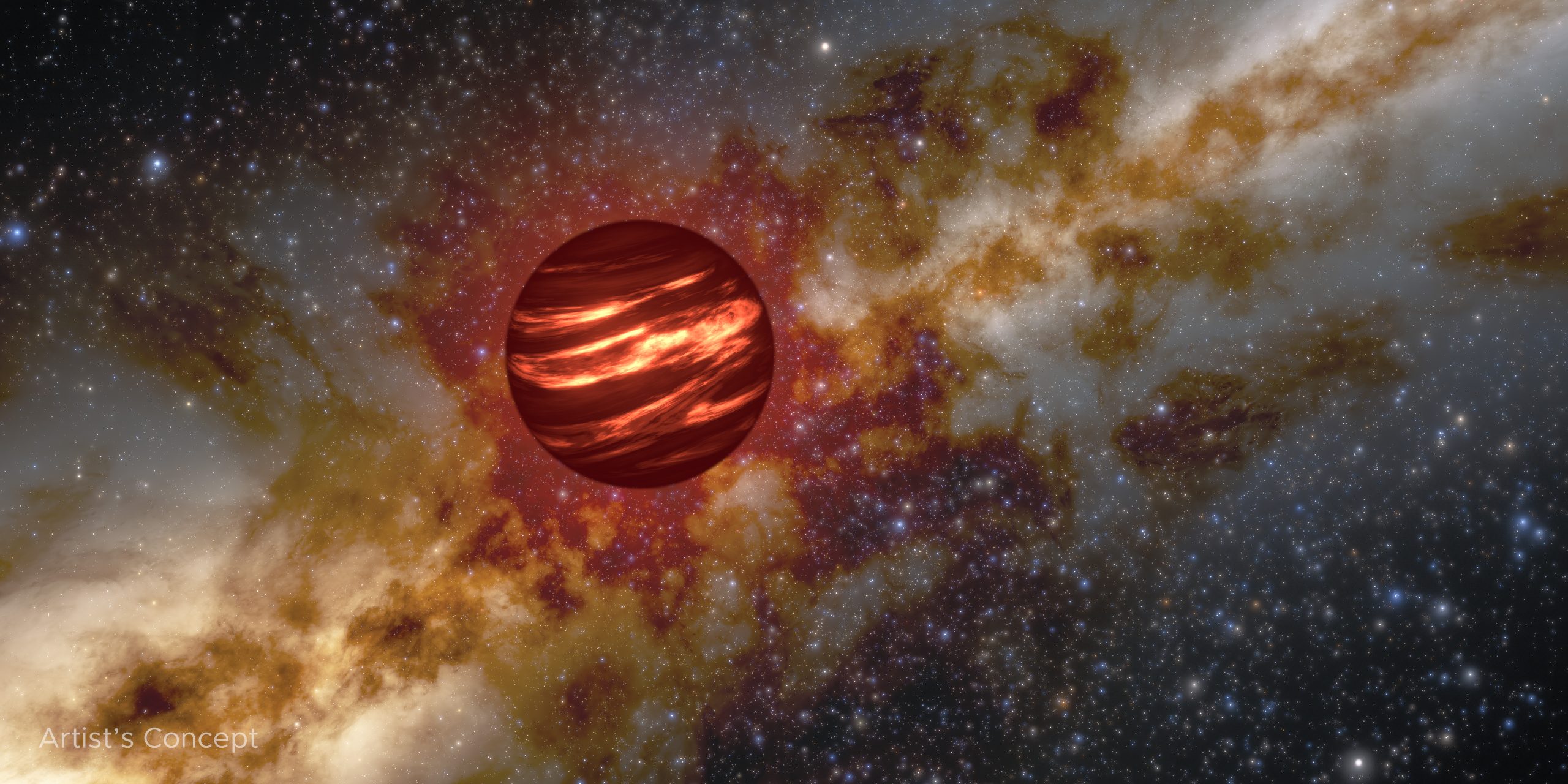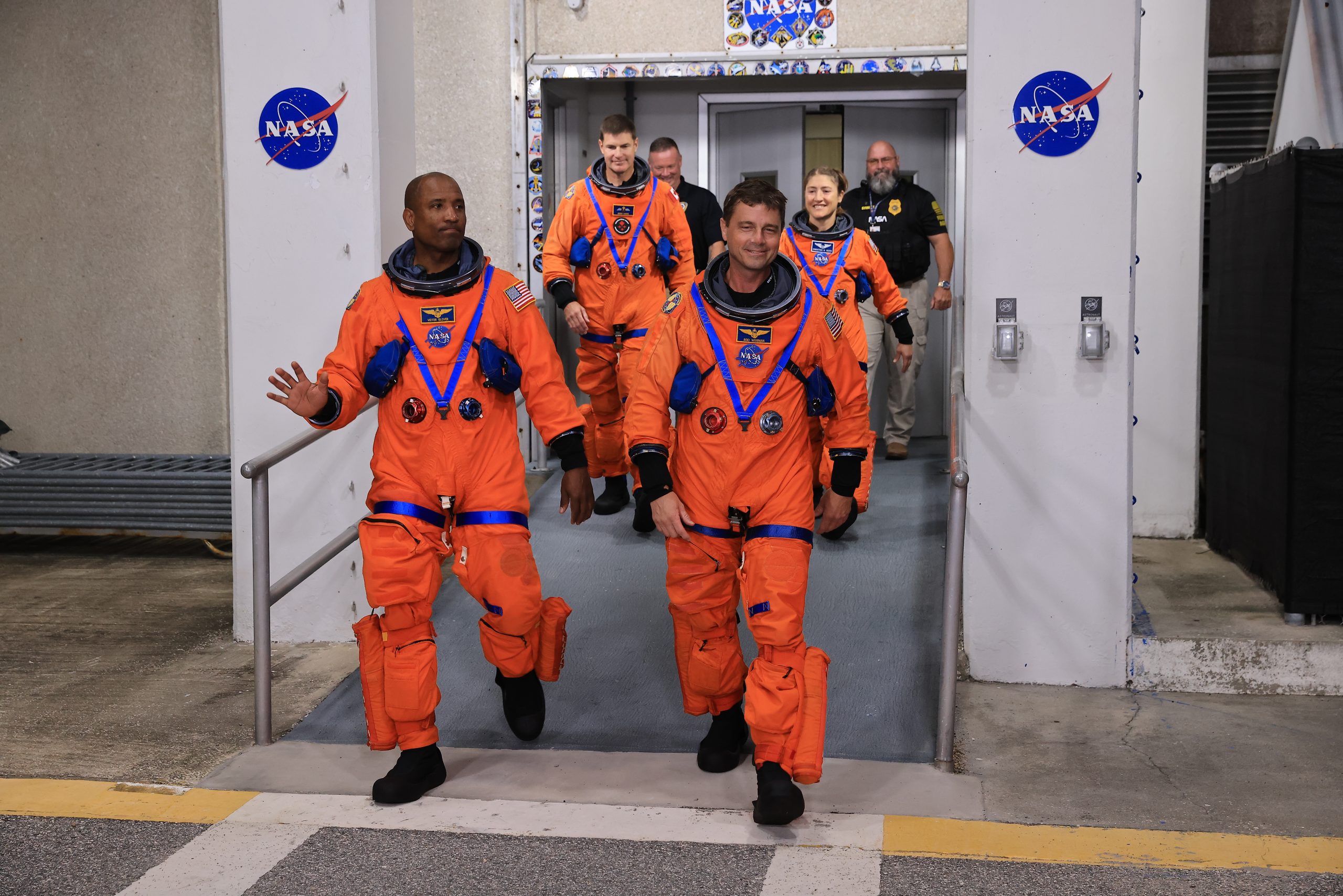Now Reading: Scientist Ami Choi Explores the Mysteries of the Invisible Universe
-
01
Scientist Ami Choi Explores the Mysteries of the Invisible Universe
Scientist Ami Choi Explores the Mysteries of the Invisible Universe

fast Summary
- Ami Choi, a research astrophysicist at NASA and Deputy wide Field Instrument Scientist for the roman Space Telescope, has focused her career on unraveling the unknowns of the universe.
- Starting wiht an interest in marine biology and astrophysics during childhood, she chose astrophysics after being fascinated by phenomena like black holes.
- Choi’s academic path included studying physics as an undergraduate at the University of Chicago and earning her doctorate at UC Davis, specializing in weak gravitational lensing to investigate dark matter and dark energy.
- Early opportunities shaped her trajectory, including work on neutrino physics at Fermilab after reaching out to physicist Janet Conrad via email.
- as part of various international surveys such as DES (Dark Energy Survey) and SPHEREx,Choi contributed significantly to advancing cosmology research and developing tools for space observatories like NASA’s Nancy Grace Roman Space Telescope.
- At Goddard Space Flight Centre, Choi helps bridge engineering techniques with science goals to ensure flight-ready components will deliver high-resolution data from Roman’s mission. She is particularly intrigued by systematics – factors that influence scientific measurements – seeing them as windows into deeper physical truths rather than mere obstacles.
- Encouraging aspiring scientists, she stresses curiosity and persistence over perfection in math or physics skills.
Indian Opinion Analysis
The career journey of Ami Choi showcases how determination combined with intellectual curiosity enables frontiers in scientific exploration-from fundamental discoveries about dark matter to contributions toward aspiring missions such as NASA’s Roman Space Telescope. While historically centered in Western nations like the U.S., collaborations across global academic institutions underline increasing inclusivity within modern science-a direction that resonates with India’s own growing investment in space research through projects like Chandrayaan or Aditya-L1.
Choi serves as an example for young Indians interested in STEM fields-her emphasis on perseverance over immediate mastery aligns well with nurturing talent nonetheless of initial barriers or challenges faced academically. The scientific advancements stemming from interdisciplinary teamwork also reiterate how crucial early exposure is when cultivating a robust talent pipeline domestically.
For India’s astro-science ecosystem focusing globally competitive initiatives while fostering widespread accessibility could accentuate similar iconic journeys benefitting national esteem alongside actionable knowledge outputs across intricate global questions much akin inspirations shared hear amongst humanity collectively!




























